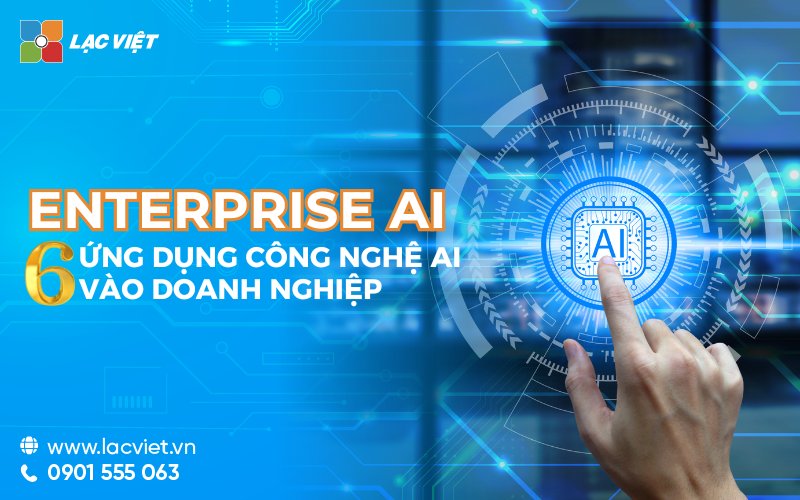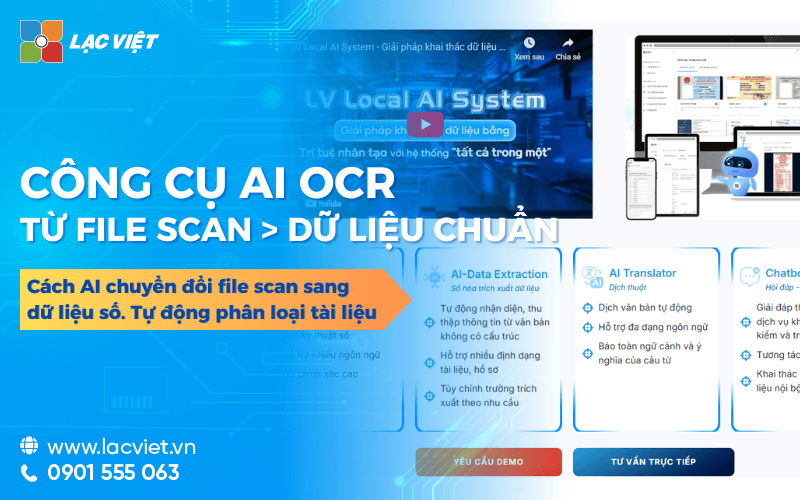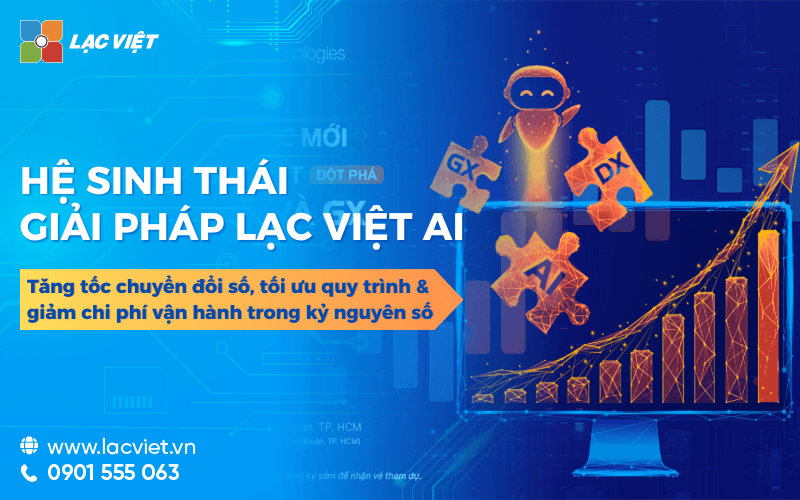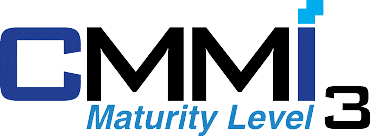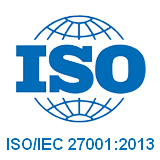Businesses are faced with the volume of data is huge, but has not tapped their full potential? Businesses want to increase operational efficiency, enhance customer experience and make business decisions more accurate, no? If the answer is yes, technology Enterprise AI exactly is the optimal solution to help you solve these challenges. With the ability to analyze data quickly and accurately, AI supports not only automate the process but also provides valuable information to improve operational efficiency, optimize resources, enhance competitiveness.
In this article Lac Viet will introduce Enterprise AI, the way this technology are changing the way operators as well as the practical application in business.
1. Enterprise AI is what?
Enterprise AI is the integration of technology artificial intelligence (AI) into the processes, systems, activities of the enterprise to optimize performance, create new value. Not only limited to one tool or application, Enterprise AI is a system of closely linked between data, analytics, automation and smart decisions.
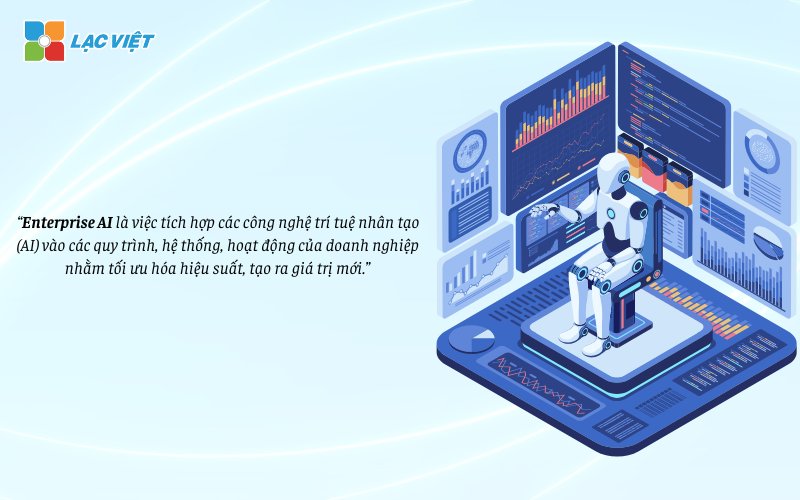
Enterprise AI is not only based on a technology single which is a combination of many advanced technologies:
- Machine learning (Machine Learning): Help the system to learn from data to improve performance over time.
- Processing natural language (Natural Language Processing – NLP): Allows the system to understand, analyze and feedback human language.
- Artificial intelligence interactive (Conversational AI): Support chatbot, virtual assistant smart in interacting with customers.
- Big data analytics (Big Data Analytics): Information extraction from big data to support decision-making.
- Process automation by robot (Robotic Process Automation – RPA): Automate the task repeats, increase work performance.
- Computer vision (Computer Vision): Use AI to analyze images, videos, recognize objects.
2. Enterprise AI brings benefit to the business?
Follow Statistics of Mckinsey, AI slowly is becoming the leading technology in the workplace:
- 65% Businesses use AI generation, nearly double the percentage in comparison with the survey 10 years earlier.
- The applicable rate of AI globally has increased from 50% to 72%, with the largest increase in the service industry professional.
- 50% Survey participants said their organizations to apply AI in two or more business functions, up sharply from less than 1/3 in the year 2023.
- AI helps reduce 40% recruitment time, improve efficiency of recruitment.
- 65% Managers trust the support system AI is more human in making business decisions.
- AI are raising the operational efficiency when there are 67% company global priorities for the use of this technology.
- The integrated organization AI have the ability to make decisions quickly based on high data folding 5 times.
AI not only is a trend that is a big step in the digitization process of the business. Understanding the role that Enterprise AI brings will help the business quickly harness the potential of this technology, from which transform business operations in an efficient, sustainable.
- Enhance work performance: Enterprise AI automation of task repetition and optimize operational processes. For example, use RPA helps to reduce the processing time the administrative work, while NLP support sorting, handling customer emails quickly.
- Enhance decision-making abilities: Based on the analysis of big data, businesses can take strategic decisions more accurate. Enterprise AI offers predictions, alerts, suggestions to help businesses reduce risk, capitalize on business opportunities.
- Enhance customer experience: AI allows to personalize the customer experience, from the predicted behavior to suggest suitable products. Chatbot AI and virtual assistants ensure our clients get 24/7 support.
- Saving cost, optimizing resources: AI help reduce dependence on personnel for repetitive tasks, thereby saving operating costs. The automated process also helps to increase the speed of execution of work, reduce errors.
- Enhancing competitiveness: Business application AI have the ability to adapt more quickly to the change of market, thereby creating competitive advantage long-term.
- Support innovation: Enterprise AI helps businesses develop products and services faster, to meet the needs constant change of customers.
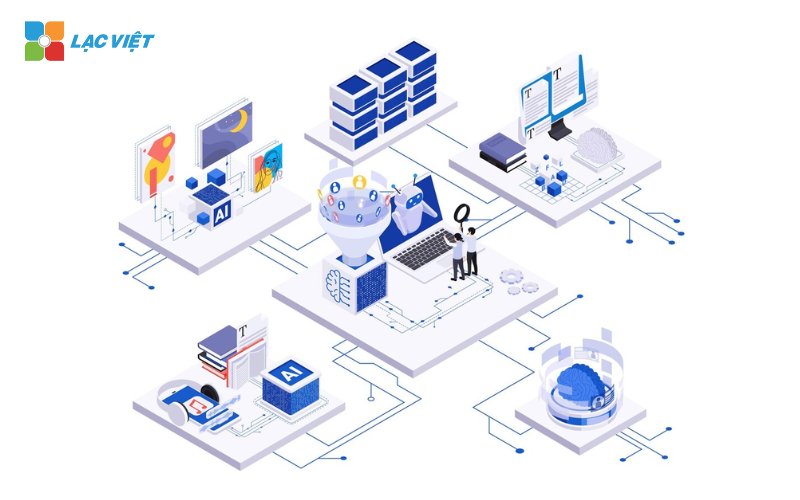
3. The process of Enterprise AI in business
To deploy Enterprise AI is successful, businesses need to have a detailed plan, clear process.
Here are 7 basic steps to help businesses deploy AI effectively, optimize resources and achieve sustainable results.
- Step 1: Determine the goals of the organization
- Step 2: assess the level of readiness of data
- Step 3: develop data strategy
- Step 4: building development plan comprehensive
- Step 5: design and implement programs Enterprise AI pilot
- Step 6: integrate technology
- Step 7: Update and track the level of stability
Step 1: Determine the goals of the organization
The first step in the process of implementing Enterprise AI is defined goals of the organization. Enterprises need to answer the questions such as:
- Short-term goals and long-term business is what?
- AI can help businesses improve what areas?
- Businesses need to gain something from the deployment of AI (revenue growth, reduce costs, enhance customer experience,...)?
Identifying clear goals will help businesses create a strategic AI match and measure the effectiveness of the solution after this.
Step 2: assess the level of readiness of data
Data is a key factor in the deployment of AI. Therefore, enterprises need to evaluate the quality, adequacy and usability of existing data.
- Data quality: The data must be standardized, clean before use.
- The accuracy of the data: Data must accurately reflect the real situation to the AI system can take the correct decision.
- Data available: Check to see whether the business has enough data to train the model AI or not.
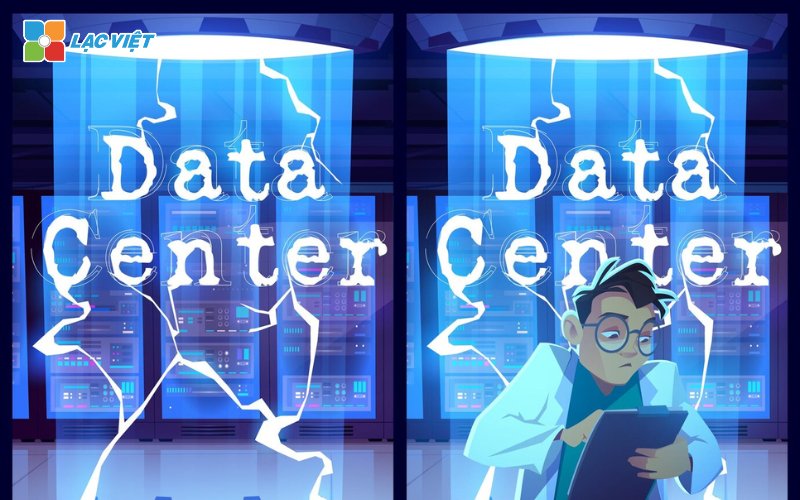
Step 3: develop data strategy
After assessing the level of readiness of data, businesses need to develop a data strategy in detail, including factors such as:
- How to collect data: Use the automated tools to collect data from the current system.
- How to protection, data management: setting the rules, policies, data security to protect business information and customer.
- How to optimize data: applying the technology of big data analytics to make maximum use of resources available data.
Step 4: building development plan comprehensive
To deploy Enterprise AI succeed need to have a development plan comprehensive. This plan must include:
- Application development for each stage.
- The tools and platform needed to develop AI.
- The parts in the business need to engage in the process of implementing (such as IT, hr, marketing,...).
- Budget, resources required.
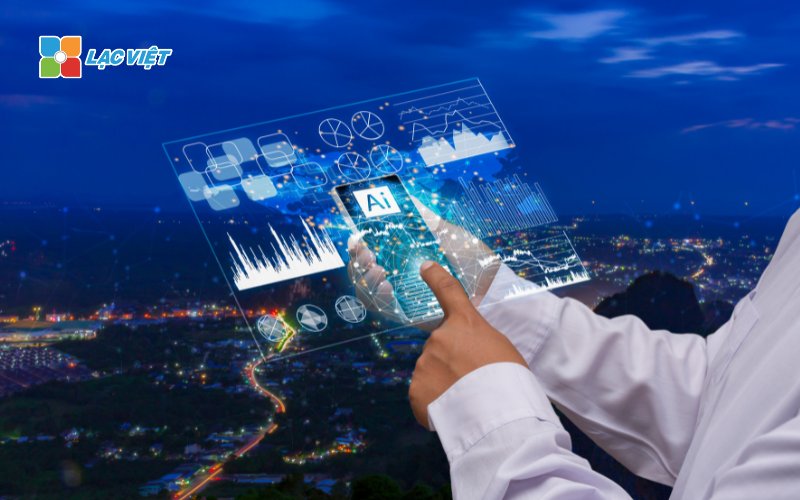
Step 5: design and implement programs Enterprise AI pilot
Before widespread deployment, enterprises need to implement a pilot program AI to test the feasibility of the technology.
- Specify a department or specific process to test AI.
- Measurement results, adjust the solution if necessary.
- Attention to the training staff, building the necessary skills.
Step 6: integrate technology
When the pilot program is successful, the next step is to integrate AI technology into the process, the current system of business.
- Integrated AI into the management system, CRM, ERP, or other tools to analyze existing data.
- Ensures that AI is able to continuous operation and is compatible with the technology was deployed earlier.
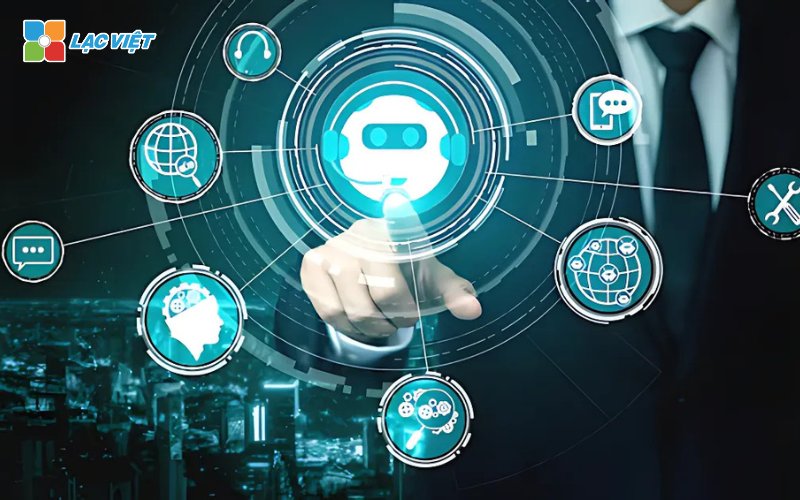
Step 7: Update and track the level of stability
The deployment of AI is not the work only once, which should be tracking, constant updates to ensure long-term performance.
- Updated AI systems to improve the ability to learn and predict.
- Monitor the level of stability, timely handling of the incident.
- Measure the effectiveness of AI in achieving the objectives have been determined initially.
4. Application example of AI technologies on business
Applying AI in business can take place in many different areas. Here are 6 examples of how AI can be deployed in the industry:
4.1 financial services, accounting
AI can analyze transactions and detect the abnormal behavior or fraud, help businesses protect assets, avoid the financial risks. In addition, Enterprise AI provides the ability to forecast more accurately in the preparation of budgets, forecasts, trends, financial help businesses make investment decisions, financial smarter.
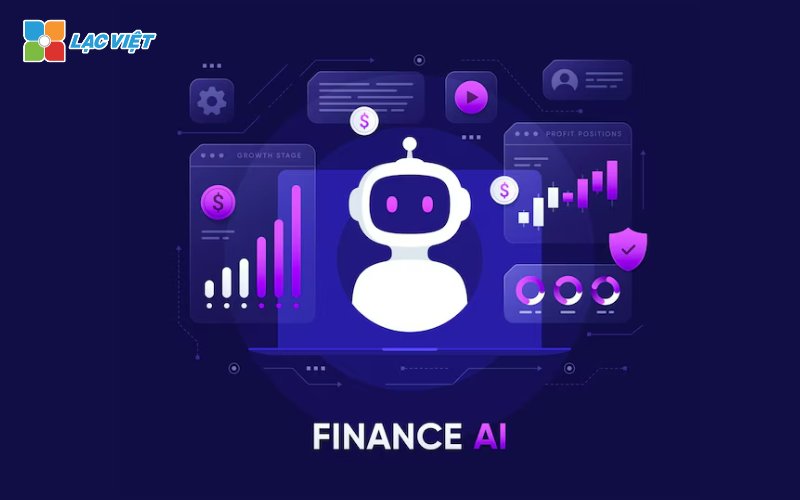
4.2 optimal workflow
AI helps to automate workflows repeated, so that reduce the dependence on human performance enhancement. For example, the use of RPA (Robotic Process Automation) can automatically handle tasks like invoicing, data processing, customer, or classified email, help staff can focus on the strategic mission over.
AI not only helps individuals but also support the team in the coordination more effective. Specifically, AI can distribute the work, track progress and provide timely feedback about job performance of the group. This helps the team work more effectively, especially in the work environment remote or complex projects.
4.3 Support customer service
Enterprise AI solutions provide 24/7 customer support via chatbot and virtual assistant. These systems can answer frequently asked questions, customer support in simple transactions, provide solutions instant for the basic problems without direct intervention from staff.
AI analysis of reviews, comments, interact from a social network to determine the perceived needs of the customers. Through it, businesses can adjust products and services to better suit the tastes as well as the wishes of the customer.
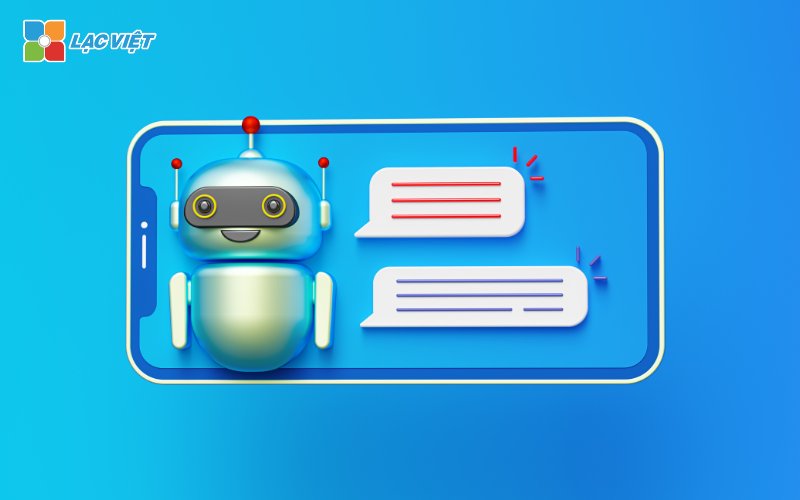
4.4 strategic sales and marketing
AI helps to analyze data about customer behavior, thereby providing the detailed information about the shopping habits and preference of customers. Marketing campaigns, sales strategies can then be optimized – personalization helps to increase conversion rates, optimize advertising costs.
Models AI have the ability to predict customer behavior and consumer trends to help businesses make decisions sales smarter. Technology artificial intelligence also supports businesses in the forecast, market potential, thereby improving the ability of product development, long-term strategy.
4.5 products development
Enterprise AI support the business in designing new products by analyzing the needs and tastes of customers. The tool AI can create the prototype fast simulation performance of the product before launch.
Cevil system, quality control support AI can detect bugs, problems in the production process, improves the quality of the final product.
4.6 Management and data analysis
AI helps businesses analyze large data sets from various sources through which detects the trends, patterns and details important to strategic decisions more accurate.
Technology artificial intelligence can be combined analysis of data from the different systems to help businesses create reports more accurate decisions quickly in the business environment fluctuations.
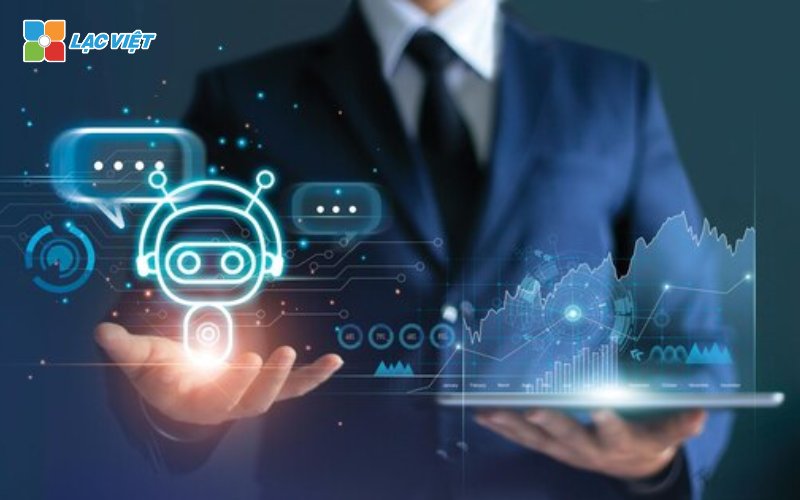
4.7 human resource Management
AI helps businesses automate the recruitment process by screening candidates, scheduling interviews and assess the suitability of candidates for the company. In addition, AI can also analyze the performance of work by employees, to help optimize processes, training, and career development.
The AI engine also helps to track the satisfaction, employee engagement through surveys and analyze emotions. The information collected can be used to improve the working environment, enhance the cohesion of the staff.
The deployment of AI in business operations to help optimize processes, reduce costs and create opportunities to improve the quality of service, increase satisfaction of customers. AI are open many new opportunities in areas such as finance, sales, marketing, personnel management, logistics, customer care. This is an ideal time for businesses to start applying Enterprise AI on the strategy of his cargo, in order to achieve sustainable development and strive to lead in the era of new technology.
CONTACT INFORMATION:
- Lac Viet Computing Corporation
- Hotline: 0901 555 063 | (+84.28) 3842 3333
- Email: info@lacviet.vn – Website: https://lacviet.vn
- Headquarters: 23 Nguyen Thi Huynh, P. 8, Q. Phu Nhuan, Ho Chi Minh city

